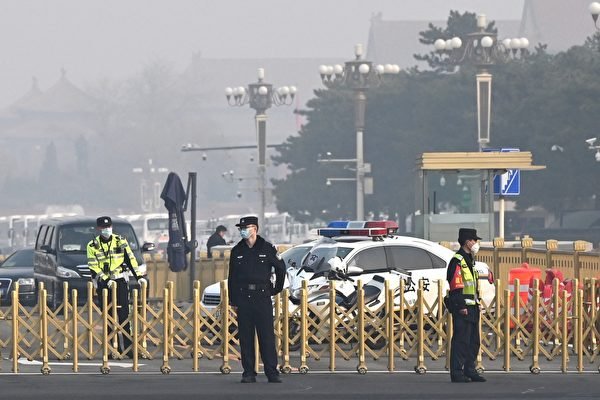On Thursday (August 22), the Chinese Ministry of Foreign Affairs announced that a Japanese employee of Astellas Pharma has been charged with espionage. This move has sent shockwaves through the Japanese business community and heightened concerns among Japanese entrepreneurs in China about their safety.
The employee in question is a senior executive at Astellas’ China division and was detained by the Chinese authorities in 2023. He had been working in China for over twenty years and had previously served as the vice chairman of the Japan Chamber of Commerce in China.
Astellas Pharma stated on Wednesday that a Japanese employee who has been detained since March 2023 on suspicion of espionage has been formally charged by the Chinese authorities, but the company did not disclose the individual’s name.
The Japanese Ministry of Foreign Affairs revealed that a man in his fifties who was detained in Beijing last year was charged by the Chinese authorities in mid-August, but his identity was not disclosed.
In recent years, Sino-Japanese relations have become increasingly tense due to territorial disputes, Japan’s support for Taiwan, closer U.S.-Japan relations, as well as concerns over the discharge of radioactive water from the Fukushima nuclear plant into the ocean.
The arrest of Japanese citizens by the Chinese Communist Party has further exacerbated the tense situation.
Some Japanese officials have indicated that the detention of the Astellas Pharma employee last year has had a chilling effect on businesses, leading to a decrease in foreign investment in China and an exodus of Japanese nationals.
Social media discussions in Japan have revealed concerns about personal electronic devices being inspected upon entry into China.
Some Japanese companies have responded to the new Chinese regulations by restricting employees from carrying laptops when traveling to China. Many companies have also cautioned employees against using smartphones to take photos at Chinese ports and airports.
“It is difficult to focus on work when we are unsure about what specific actions would violate Chinese laws,” said a senior executive at a Japanese company operating in China to Nikkei.
The Japan Chamber of Commerce has urged Chinese authorities to provide clearer explanations of what constitutes espionage activities.
The South Korean National Intelligence Service stated on June 27 that due to an expansion of China’s temporary inspection powers over electronic devices starting in July, local Korean citizens should be aware of related risks.
In June, an attack on a school bus in Suzhou, China, involving a knife, raised further concerns among Japanese expatriates about their safety in China. The assailant injured a Japanese woman and her child, as well as a bus attendant who intervened, who later succumbed to their injuries.
Furthermore, China has been cracking down on cross-border data flows. Three data security laws came into effect in 2017, obstructing data sharing between foreign companies and their Chinese subsidiaries.
Official data from Beijing shows that foreign direct investment in China fell to its lowest level since 2000 last year.
A Japanese executive cited by Nikkei stated that while local Chinese governments are seeking Japanese companies to support the Chinese economy, they “should first demonstrate that they care about the safety of Japanese nationals.”

